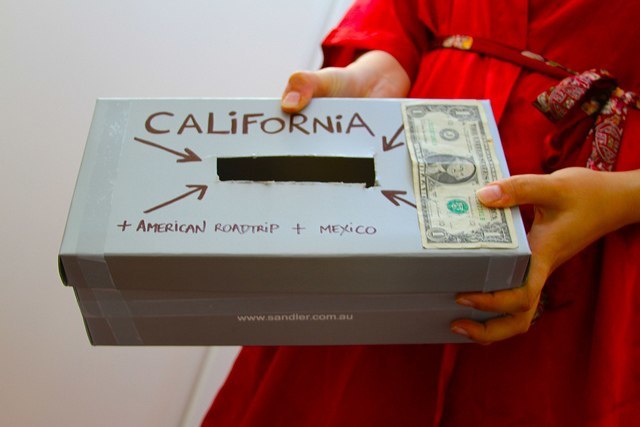
New Calls For Approval Voting and Participation in the Democratic Process Are Reaching Climax in America and Guatemala as Election Expert Discusses Reform
Democracy Chronicles founder Adrian Tawfik conducted an exclusive interview series with an international group of election method proponents including prominent signers of the Declaration of Election-Method Reform Advocates. The best place to start off is the Democracy Chronicles introduction and then take a look at each of these interviews:
- Richard Fobes – Election Method Reformer Speaks With DC
- Aaron Hamlin – Interview With President of Center for Election Science
- Andrew Jennings – Redistricting, Vote Splitting and Honest Voting
- augustin – Writer Discusses Election Reform and New Website
- Michael Allen – Election Method Reformer Seeks Radical Changes
- Jameson Quinn – Election Expert Discusses Reform in US and Guatemala
- Michael Ossipoff – Democracy Chronicles Author Discusses Approval Voting
- Robert Bristow-Johnson – Expert Demands Reducing Money in Elections
Also see the DC Interview With Creator of Wooden Models of Voting Methods with artist Peter A. Taylor.
In continuation of Democracy Chronicles’ series of interviews with prominent members involved with “The Declaration of Election-Method Reform Advocates“, we now turn to Jameson Quinn a resident of Guatemala City, Guatemala. As an American expat, Mr. Quinn maintains an interest in politics in the San Francisco Bay Area, where he grew up. Mr. Quinn is a freelance web programmer that is using his programming expertise to develop a voting website that he hopes to have live soon. He also tweets on voting-related topics.
Mr. Quinn discusses his role as a principal author of the Declaration as well as election reform in the US and Guatemala. For more information on the subject of election reform, see our Election Reform, Third Party, and Election Methods pages that are the gateway to accessing our coverage.
Election Expert Discusses Reform: Interview with Jameson Quinn
Democracy Chronicles: Having signed the Declaration, is there any additional information, beyond what’s in your signature, that you feel is important to mention?
I was the first person who instigated the declaration and was one of its principal authors. I had four principal goals:
- Foment more-effective cooperation between advocates of different election method reforms.
- Provide an “unbiased” (or at least nonsectarian) source for those unversed in abstruse details of election methods to understand the consensus of the field, and thus refute specious arguments against reform.
- Move outside the “usual suspects”; contact people who don’t habitually participate in internet discussions of voting methods, and join “our” voices to “theirs”.
- Create news. Give a reason for people to talk about voting reform.
Democracy Chronicles: What characteristics you think are most important for a voting method to have?
I believe that voting should be merely one element of democratic participation, and that the job of an election system is to make it so voting can be integrated effectively with other forms of organization and activism. So a good voting method should be appealing, should give good (high-utility) results, and should tend to allow honest voting as much as possible. Currently my favorite voting methods from this perspective are Majority Judgment (MJ) and Simple Optionally-Delegated Approval (SODA). I also think that approval voting is a key first step to reform, and a basis for working together.
Democracy Chronicles: What do you think is the most important election reform needed where you live (either locally or nationally)?
In Guatemala, there is a party list system for congress, yet the parties are essentially personal fiefdoms with little continuity from one election to another or ideological coherence, and almost no internal democracy. Thus, the most important reform would be to give citizens power over the internal party dynamics, for instance by moving from closed party list to open party list.
In California: I believe that approval voting at the municipal level is the way to build awareness and support for voting reform. I also feel that removing supermajority requirements such as the 2/3 requirement for most state budget issues and the filibuster in the US senate is needed for democracy.
Democracy Chronicles: What is your opinion on other aspects of election reform such as reforming money’s role in politics or redistricting?
I believe that it is important to build strong alliances between voting reform activists and activists for these reforms. That’s because these are both important reforms in their own right, and also “gateway drugs” towards voting reform activism. That is, their importance is more obvious to naïve voter, but as such voters understand the systemic issues, they are led to embrace voting reform as well.
(Also, you forgot voting rights issues such as same-day registration or fighting onerous ID requirements; although these issues have a partisan tinge in the US today, they should rightly be nonpartisan issues of democracy.)
Leave a Reply